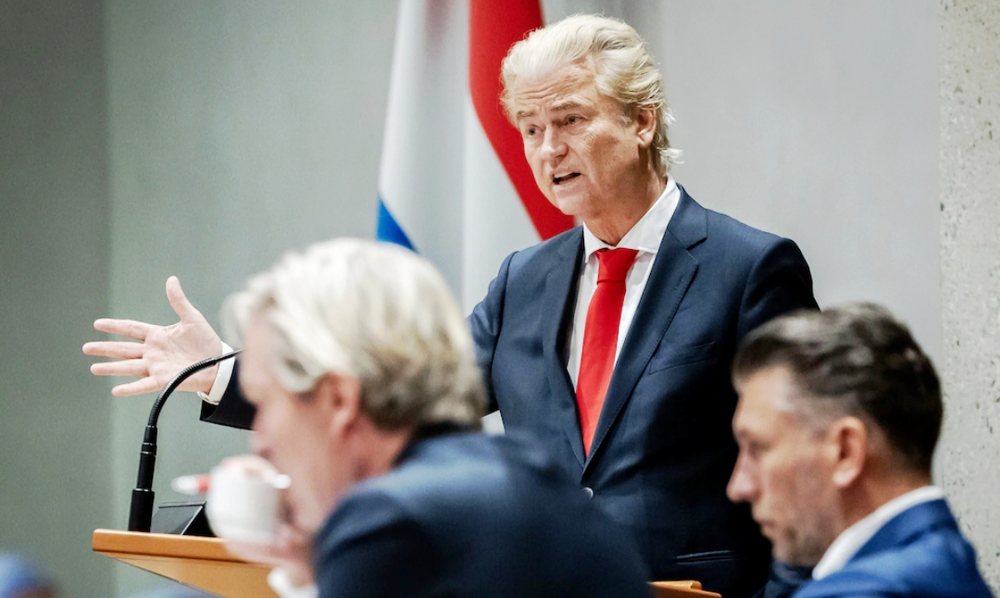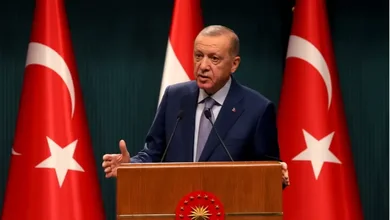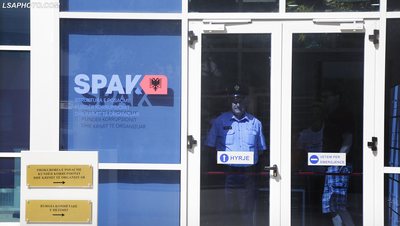
The Dutch government will require 10 years of uninterrupted residence and for foreigners to be "fully integrated" under new plans.
During a debate in the House of Representatives on the course of an anti-immigration protest in The Hague, Geert Wilders (PVV) withdrew his party from the coalition because asylum laws were being delayed in implementation.
The Dutch government plans to double the number of years a foreigner must live in the Netherlands before they can obtain citizenship.
Until now, immigrants could seek naturalization after five years of residence in the country, but under the new plans, a person would have to have 10 years of uninterrupted residence in the Netherlands and be considered "fully integrated" before being granted citizenship.
"By extending the naturalization period from five to 10 years, we ensure that people have a stronger connection to our Kingdom and are truly integrated and participate fully in society before they become Dutch citizens," said Secretary of State Arno Rutte.
Foreigners who want to become Dutch citizens must pass a civic integration exam, read, write and speak Dutch at a basic level. They must also sign a declaration stating that they respect Dutch law. These conditions will not be changed by the new law.
The plans were announced by State Secretary Arno Rutte at the Council of Ministers meeting last Friday.
The proposals are currently in a two-month consultation period, but there are questions about whether the bill will ever become law.
Early elections in the Netherlands will be held next month, triggered by the collapse of the governing coalition, which now functions only as a caretaker government.
The four-party coalition had proposed a two-year asylum crisis law on September 13, 2024, to reduce the number of migrants arriving in the Netherlands, but implementation was delayed due to legal obstacles.
Geert Wilders, the leader known for his anti-immigration stance, left the coalition because he was disappointed with the slow pace of law enforcement. He won the last election in 2023, which brought a right-wing coalition to power.
His manifesto included a four-year ban on asylum applications and a ban on Islamic schools.
Polls show him with a slight lead over the left-wing PvdA/GroenLinks alliance, but his path to government appears blocked, as none of his former allies are expected to enter a coalition with him again.
Similar restrictions in other European countries
Meghan Benton, director at the European Migration Policy Institute, said governments across Europe are tightening immigration rules:
“In Austria, Sweden, France, Belgium and the Netherlands, all the policies that the main parties are creating on immigration are being made under the shadow of the far right,” she told The Telegraph.
Britain: Migrants must stay 10 years for permanent residency
Shabana Mahmood, the UK Home Secretary, announced a tightening of immigration rules at the Labour Party conference on Monday.
She announced plans to extend the time migrants must stay in Britain before being eligible for indefinite leave to remain (ILR) from five to 10 years.
This period can be shortened if individuals provide evidence of contribution to society, through volunteer work, charitable activities, etc.
The UK Reform Party has said it will completely abolish the right to ILR after five years, if it wins the next election.






















